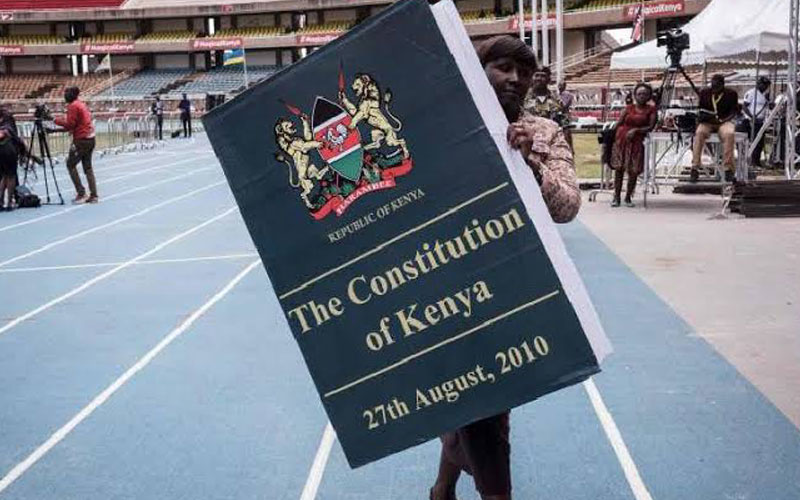Let’s fast-track surrogacy laws
By Editorial, March 26, 2021For many people, becoming a parent is their greatest dream. But, unfortunately, not many are able to achieve this dream for one reason or another, including infertility.
For such people, a number of options are available, including adoption, and surrogacy.
But what happens when there is no law to guide some procedures such as surrogacy? This is the quagmire that Kenya finds itself.
The case of Dion William Van Aardt who claims to have lost about Sh2.9m in a surrogacy deal gone sour, calls for a quick assessment and passing of the Assisted Reproductive Technology Bill, 2019, currently at the National Assembly.
Just last week, legislators were discussing the Bill, noting the gaps therein including provisions for commercialised surrogacy to ensure it is not exploitative.
They discussed other pertinent issues including multiple pregnancies, nationality of the child, termination of pregnancies in surrogacy agreements as well as what entails a surrogacy agreement.
Similar provisions are found in the Reproductive Health Bill, 2019, which has faced a series of setbacks because of its provisions on abortion, family planning and comprehensive sexuality education.
These Bills indicate we are on the right track to protect parties in the surrogacy agreement but without being passed passing and implemented, we would be mark timing.
We have been at the same stage since 2014, with the then In-Vitro Fertilisation Bill when Suba North MP Millie Odhiambo first introduced it.
Experts at the 2019 International Conference on Population and Development Nairobi summit called on countries to take into account the risk of exploitation of parties especially in terms of compensation.
The two Bills will not allow for commercial surrogacy if passed. Besides Aardt’s case, a matter in 2014 between JLN on the one hand and WKN and CWW on the other, raised the question on whose name should appear in the child’s birth certificate, leading inadvertently to the children being sent to a charity home. It took a court case to reunite the children with their rightful parents.
With the right laws in place, this would not have happened. There would be a legal framework guiding relevant parties including surrogate services providers and the courts.
Parents-to-be and surrogates would be better placed to understand what they are getting into, and procedures to follow.
It would be a way to ensure that they achieve their dream without groping in the dark as it is at the moment.
As such, MPs must make haste and ensure they pass a quality bill that grants Kenyans the chance to become parents in a protected way.
More Articles

